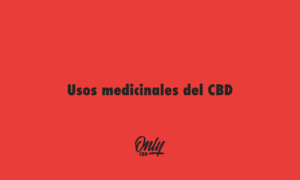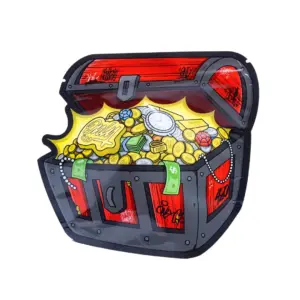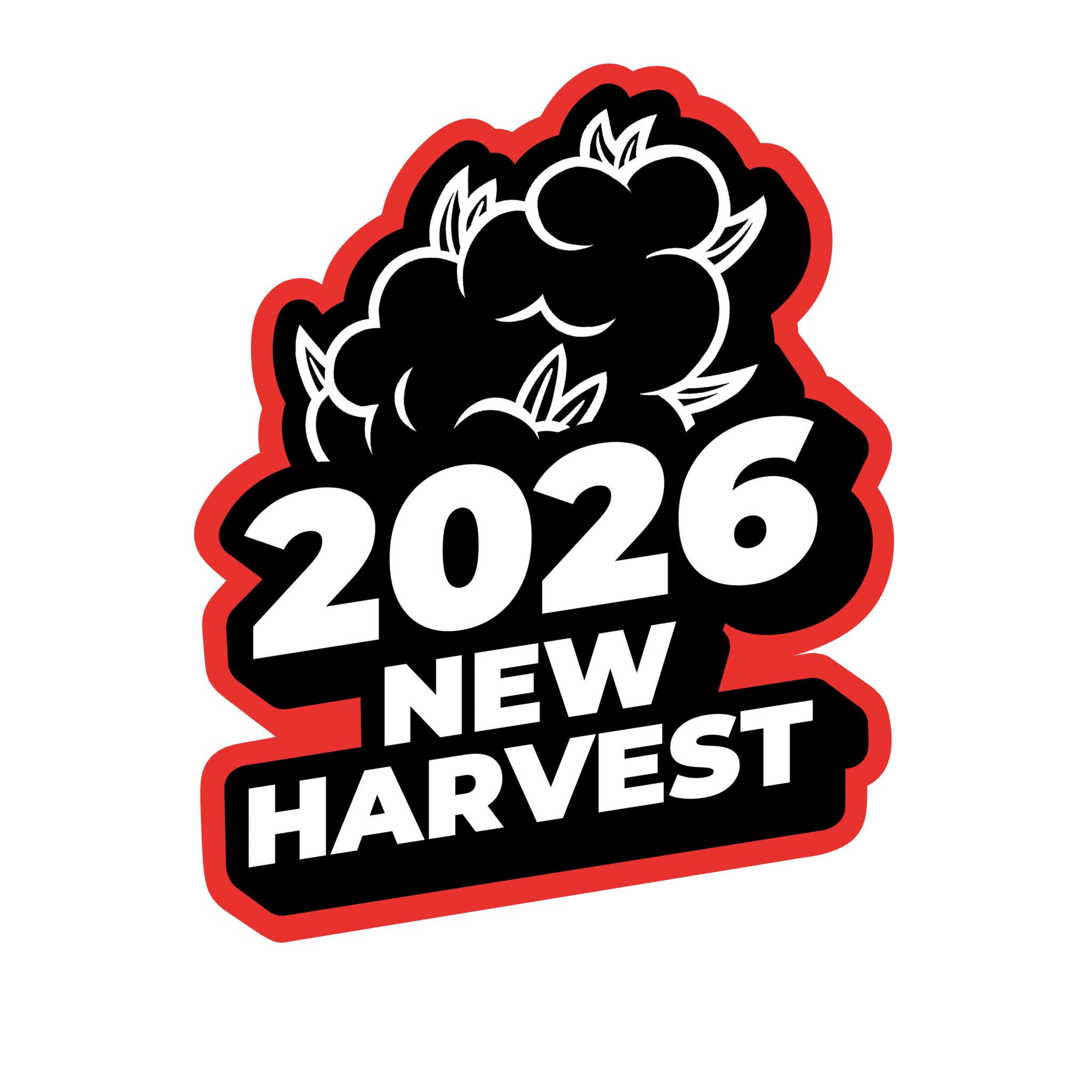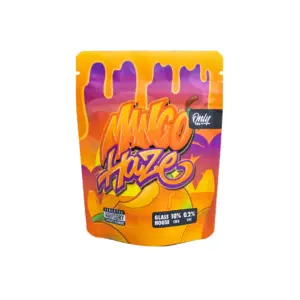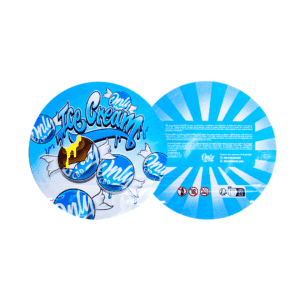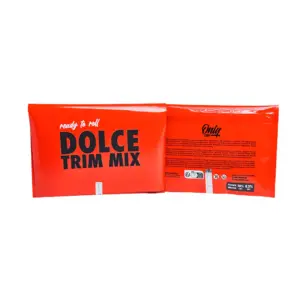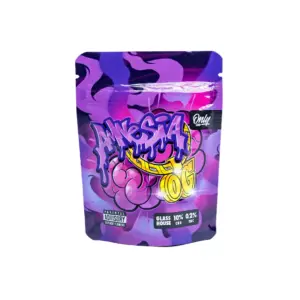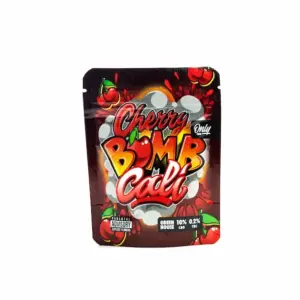
The DEA wants influencers for its "Anti-420 Day"
If you use social media, you've probably seen influencers promoting clothing brands, gadgets, or even supplements. But what you probably didn't expect is that now DEA (U.S. Drug Enforcement Administration) is also looking for content creators… to demonize the dope.
That's right. On the occasion of the Anti-420 Day, the DEA has launched a campaign together with the prohibitionist organization Johnny's Ambassadors to recruit young content creators. The goal? To create videos that warn against the alleged dangers of THC and discourage its consumption among adolescents and young people. And as an incentive, they are offering Amazon gift cards: $25 for a personal video, 35 for a group video and 50 If it's more elaborate content with adult supervision. It's not the dream collaboration, but it's something, right?
BUY THE BEST CBD PRODUCTS HERE
What's behind the campaign?
The date of the April 20 (4/20) It is symbolic in the culture cannabis, a kind of "world cannabis day" in which events, marches and debates about its use are held legalization and consumption. The DEA, in his crusade against the normalization of marijuana, has decided to counterattack with this digital strategy.
But this campaign does not come in a vacuum. In social networks, especially in Instagram and TikTok, the content related to the cannabis has already been the subject of censorship repeatedly. Now, not only are certain topics restricted, but young people are also actively encouraged to produce content against the cannabis, reinforcing the speech prohibitionist with a strategy that seems taken from the manual of corporate marketing.
And the controversy?
Of course, the initiative has not gone unnoticed. Activists and defenders of the cannabis regulation have harshly criticized the campaign, seeing it as a desperate attempt to maintain the speech of fear in an era where more and more US states and countries of the world are regulating the use of cannabis.
Beyond the legal issue, there is also a debate about the ethics of paying young people to spread messages in social networks who may not be fully informed or balanced. And if we add to the equation that Jeff Bezos, through Amazon, indirectly supports this initiative with the gift cards, the controversy is served.
Influence or manipulation?
The issue here is not whether someone should or should not consume cannabis, but to what extent it is legitimate to use young people influencers to mold narratives on social media with economic incentives in between. The DEA seems to have understood that the power of influence is no longer in the major media, but in the content creators. And if brands can pay for advertising, why not do it with it too? government campaigns?
The irony is that many of the people who are now against this strategy also defend the cannabis educationThe difference is that they seek information to be objective and based on scientific studies, not in a narrative unilateral funded by the prohibition.
So what do you think? Is it a campaign? legitimate or just another attempt at control the speech about the cannabis in social networks?






